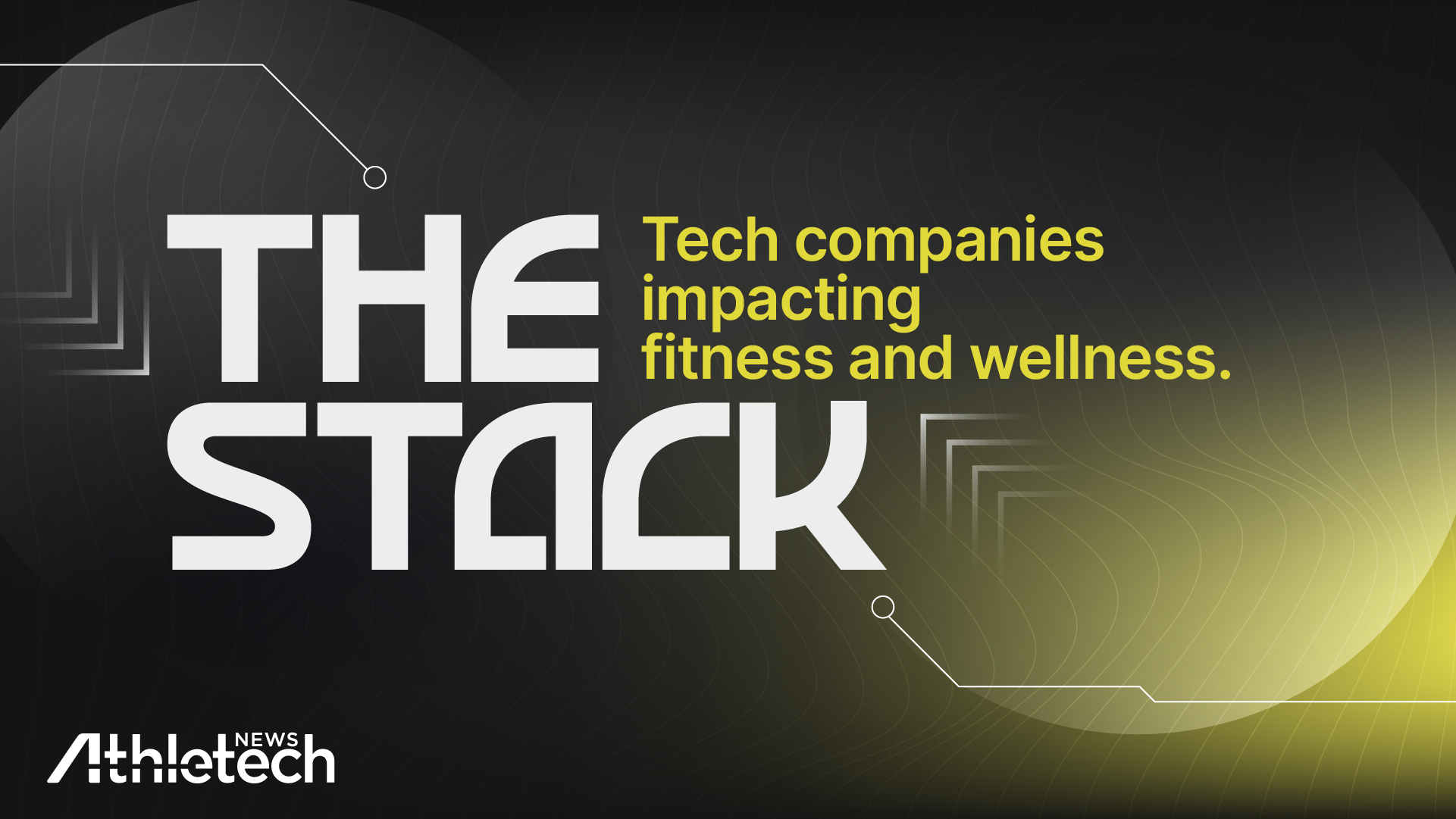Brendan Ruberry: How has the status quo on sports betting changed since the Murphy v. NCAA Supreme Court decision?
Jonathan D. Cohen: Until May 14, 2018, there was no prospect of any state legalizing sports betting, and now 38 states and Washington, DC have legal sports gambling. [Among those states,] 30 allow you to gamble on any device with internet access. And that has, over the last seven years, birthed a $120 billion per year market. Before, if you wanted to bet on sports, you had to do it in Vegas, or you could do it illegally. And now you can, in most states, do it from the touch of your phone.
Ironically, we are currently building the setup that is being taken down in other countries, because other countries are now seeing all the problems that result from online gambling, and they are pulling back and adding regulations. And we’re rushing headlong into the deregulated space that they are vacating as quickly as possible.
Who is Kyle and why is his story central to the state of play in the industry right now?
Kyle is illustrative as a 26-year-old white man, which speaks to the demographics of sports betting. But he’s also illustrative in that he was someone who had gambled before it became legal first in Colorado and then in Kansas, where he lives. But he had never run into trouble, had always sort of gambled within his means when he was at a casino or when he had been placed a few bets on sports in college. And it was only because of its online availability that he gambled above his means and couldn’t pay his rent for one month, that he lost his job, that he found himself up at three in the morning betting on minor league British darts, that he had to call the Colorado Problem Gambling hotline, that he moved back in with his parents because he ran out of money. Now, every time there’s a major tennis tournament, he just disappears for 40 consecutive hours gambling on sports. Not that every single person who’s gambling on sports is having experiences like his, but he’s the kind of person who never would have run into trouble gambling, but for the fact that it appeared one day on his phone and without guardrails to stop him from running into trouble.
He might not be the typical gambler, as we see it, but he is typical of how these companies make their money.
Yes, the business model basically writes off 60%-plus of players. At least 60% of NFL bettors account for a total of 1% of sportsbook revenue, and as much as 80% of revenue for these companies comes from a core group of 3% of gamblers. There’s lots of products like this, where a small group of people account for a huge share of profits. But fundamentally, it’s not an accident that someone like Kyle loses too much money. It is sort of baked into the way these companies operate, that there are going to be a small subset of people from whom they can extract a lot of money and a large share of their revenue.
You profile Colorado in particular. What’s illustrative about how Colorado approached legalizing sports gambling?
So after the Murphy decision, it wasn’t inevitable that we’d have so many states go all in so quickly, right? It wasn’t organic. It was in Colorado, DraftKings and FanDuel in particular [were] showing up, helping to write the legislation to govern gambling once that passed, helping to basically astroturf the ballot referendum that passed sports betting. And then sitting in the room with the regulators, helping them craft the regulations that would govern the sports folks’ own behavior. So not only would sports betting not have passed as quickly were it not for the companies’ political involvement, but the all the harms and issues that we have from sports betting now are, in part, resultant of the fact that the foxes were inside the hen house, playing with all the hens while the regulations were being developed.
You say at one point that these are more like tech companies than traditional sportsbooks or casinos.
This is a huge branding operation with a seamlessly designed app. What they have to offer is all this specialized software under the hood that lets them, at every second of every baseball game, change the odds of whether the next pitch is going to be 88 miles an hour, so that you can bet on that. They can have the most efficient line possible developed in a fraction of a second. And the other way they’re like tech companies is mimicking all the addictive and troublesome aspects of social media apps, for example, just like the endless scroll and the endless short options for dopamine hits. And the seamless app interfaces they’ve learned at the feet of these other borderline addictive companies and products, and they are now to offer an actual addictive product, of gambling.
And I would assume, like other tech companies, they deal in data, and data is sort of their critical resource. What do we know about how much data these companies have and how they’re using it?
This is what’s most frustrating to me, as someone who wants to advocate for a change: These companies have more data on gamblers than any gambling operation in recorded human history, right? Vegas casinos of the 1950s would kill for the kind of information that DraftKings and FanDuel have. And there’s a really revealing video from a Fanatics executive who talks about how easy it is for them to spot problem gambling. They have all this data on player behavior. The question is how they’re using it. It seems like they’re using it to identify problem gamblers and make money from them; or identify losers and make money from them, rather than cut off people who have obvious gambling problems and stop them from gambling. This is anecdotal, they claim that it’s all trade secrets, and they won’t give up any of their data. But again, like a tech company rather than a sportsbook, it is their primary resource. Whenever you sign into the app, and you see a customized parlay, that’s like, ‘wow, that looks perfect for me’ — no sh*t, it is perfect for you. They built it for you. And because they know what teams you like, and they know what you like to bet on.
The fear [with AI is] that they can get even better at these sorts of micro transactions, at the fast betting, and then they can super-customize it to make it even more enticing than it already is. Good luck to all of us.
There’s an observation in the book about how professional gamblers are trying to circumvent some of these pattern-recognition abilities that these companies have. Could you talk about that?
I’m drawing on the work of a professional gambler I talked to named Isaac Rose-Berman, who, from his own conversations with professional gamblers, basically realized that the apps don’t want to shut off losers. They don’t want to shut off anyone who’s bad at betting, and they really don’t want to shut off anyone who’s going to lose a lot of money. So the longer that professional gamblers can make the apps think that they are just a stupid, lucky bettor on a hot streak, the better chance they have of betting for longer and making money before they finally get caught. So Isaac has described betting on Aaron Judge to hit a home run — which is like the most vanilla bet you can possibly make — so that he looks like a normie, so he doesn’t look like a professional bettor. Because, again, they don’t want professional bettors on their apps, but they do want losers, and they do want the kind of people who place a bet on Aaron Judge to hit a home run. (No offense to Yankees fans — well, some offense to Yankees fans.) On the one hand, professional gamblers are [a small percentage] of the bettors. But on the other hand, the fact that they get cut off so quickly and so aggressively, to me, reveals that this whole thing is a house of cards; that they only actually want you if you’re a loser. And that second that you can make money, the second that you’re better than them, they stop you from doing it. So on the one hand, who cares? It’s a small, small group of people. But I think it’s really revealing of the fundamental issues behind the whole enterprise.
Tell me a little bit about the responsible gambling framework as it exists, and how you find fault with that.
There’s a lot of comparisons made of the gambling industry to tobacco and alcohol. A difference in this case is that the gambling industry doesn’t deny that problem gambling exists in the way that the tobacco industry denied any connection between lung cancer and cigarettes. But what they’re doing instead is this campaign for what they call ‘responsible gaming,’ or ‘responsible gambling,’ putting the onus of play on the individual in an attempt to ward off intrusive regulation or the need for guardrails. What they say is, ‘please play responsibly.’ They tell players to play responsibly, to call the hotline, while, of course, not actually providing any structure by which it would be easier for someone to play responsibly. They don’t stop anyone from betting three mortgage payments over the course of 35 seconds, if that is how they choose to play. Because what is responsible? Responsible is in the eye of the beholder. So responsible gaming is, in many ways, a beard for the industry. And the way that they can say, ‘oh, if someone runs into trouble on our app, it’s because they were gaming irresponsibly, and it’s their fault. We provided tools, this player didn’t take advantage of them. We would have cut them off if they had set a deposit limit or a time limit.’ But someone who’s addicted to gambling or has trouble gambling, they’re not going to set a deposit limit or do any of that. At some point, people who are addicted to gambling are not choosing to gamble.
The responsible gaming model is like, ‘hey, there’s a river over there. Don’t fall in.’ Whereas the public health model would be like, ‘hey, let’s build a fence around the river to stop people from falling in in the first place.’ And so my vision for a safer sports betting setup would have basically a bunch of speed bumps on the hill to stop people from rolling down and collecting steam and sort of developing an addiction and developing unsafe practices. If I were going to summarize it in a single word, it would be ‘friction’: If you deposit money, you can’t gamble with it for 12 to 24 hours. If you lose, and you are chasing your losses, then you can’t place another deposit. You can only place a certain number of deposits in the span of a day or a few days — anything to slow down the process.
I don’t want to make it so that it’s impossible for someone to place an innocent bet and augment their sports viewing experience. But I do want to make it impossible, or almost impossible, that someone placing an innocent $5 bet for fun can be the start of a dangerous journey that leads them into addiction or other kinds of harm.
Why should FanDuel, DraftKings, BetMGM, Fanatics, or whomever care about someone falling into the river, if the river is where all the profits are?
You can shear a sheep many times, but you can only slaughter it once. And so the market, the competition, is so fierce right now among the firms that there’s this perception that there’s always more efficiency. That we can always just find more bettors, especially when Texas, California, Minnesota, Georgia, and other states legalize sports betting, which they probably will at some point — not to mention the fact that if one of those companies were to cut you off from gambling, you can just run to a competitor. There’s no collaboration in place right now between the companies to remove the incentive to slaughter every sheep that shows up at their door. But that would be the long-term incentive. Yes, you’re making money right now, but in what I would call a fundamentally extractive business model, where at some point you’re going to run out of gamblers. Or at some point, the political winds are going to turn against you because of your irresponsible behavior, and over the long term, it’s not going to be a good look, and it’s not going to work. And I know it’s not going to be as profitable, but you should want a sustainable business model where people don’t tap out of sports betting because they keep having bad experiences And they become sort of long-term casual players who won’t lose that much money, but they’ll lose enough to keep your lights on.
I don’t know why any state needs to offer a market on Malaysian women’s doubles badminton. Those markets are basically just a trap door for gamblers who are looking for something to bet on at three in the morning, and that’s the only thing that’s available on the app — so in addition to [that], changing some of the ways people can interact with the app, fundamentally look at the app interface and design and remove some of the more sort of lizard brain, addictive, dopamine-providing aspects of the apps themselves.



















 Windy credits Thunder BUT is ‘personally affected’ by Hali injury | SC with SVP
Windy credits Thunder BUT is ‘personally affected’ by Hali injury | SC with SVP







































